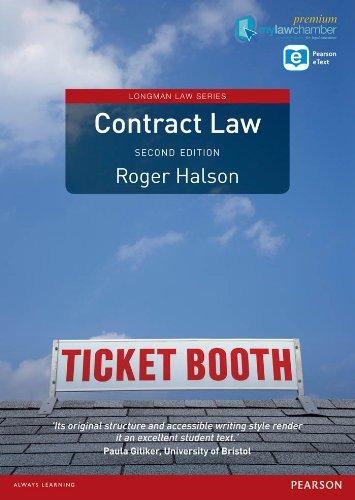Question
Issue [The following story, all names, characters, and incidents portrayed in this discussion question are fictitious. No identification with actual persons (living or deceased), places,
Issue
[The following story, all names, characters, and incidents portrayed in this discussion question are fictitious. No identification with actual persons (living or deceased), places, buildings, and products is intended or should be inferred.]
In 1998 George King, a real estate developer from Bakersfield, California, died and left a one block long strip mall in San Jose, California, to his heirs as part of the King Family Trust (the "KFT"). The San Jose property was one of several parcels left by King to his heirs in the KFT when he passed away. Except for the San Jose property all of the properties owned by the KFT are in the Bakersfield area, and the San Jose property is the only property in the KFT that is more than 20 miles away from Bakersfield. The heirs knew that the San Jose property held a lot of sentimental value for George because this was the first property he had developed and he had owned it since the 1960's.
The heirs, who all live in the Bakersfield area, were really not that interested in managing a property that far from home. They hired a property manager to run the mall on the San Jose property for them and pretty much forgot about it.The fact that it was not generating much income for the KFT did not really bother them, because the remaining trust properties were doing very well, generated a lot of income for the trust and they kept the San Jose property for sentimental reasons.
The property manager did not do very good job of managing the mall on the San Jose property. Over the years the property became run down. For example, the parking lot had cracks in the asphalt and weeds were growing up through the cracks and half of the lighting in the parking lot did not work.Because of this, the vacancy rate of stores in the mall hovered between 60 and 70 percent.As a result, sales tax revenue generated by the mall for the City of San Jose was extremely low.
Now, in 2020, the City of San Jose has decided to take the mall property through the use of its eminent domain power and sell the property to a developer who has promised to build a shiny new shopping center on the San Jose property and generate a much higher level of tax income for the City. The City plans on turning over whatever proceeds it gets from the sale of the San Jose property from the new developer to the KFT as compensation for the taking of the property by the City.
The trustees of the KFT do not want to sell the San Jose property because of its sentimental value.They believe that the sentimental value of the property to them is much higher than the sale price the City will receive from the new developer. If they are going to let it go, they want more money.
- Why would the City of San Jose be justified under eminent domain law in taking the property from the KFT? Explain your reasoning.
- Assuming the taking by the City is justified under eminent domain law, is the amount they are offering to the KFT adequate under the law? Explain your reasoning.
Step by Step Solution
There are 3 Steps involved in it
Step: 1

Get Instant Access to Expert-Tailored Solutions
See step-by-step solutions with expert insights and AI powered tools for academic success
Step: 2

Step: 3

Ace Your Homework with AI
Get the answers you need in no time with our AI-driven, step-by-step assistance
Get Started


